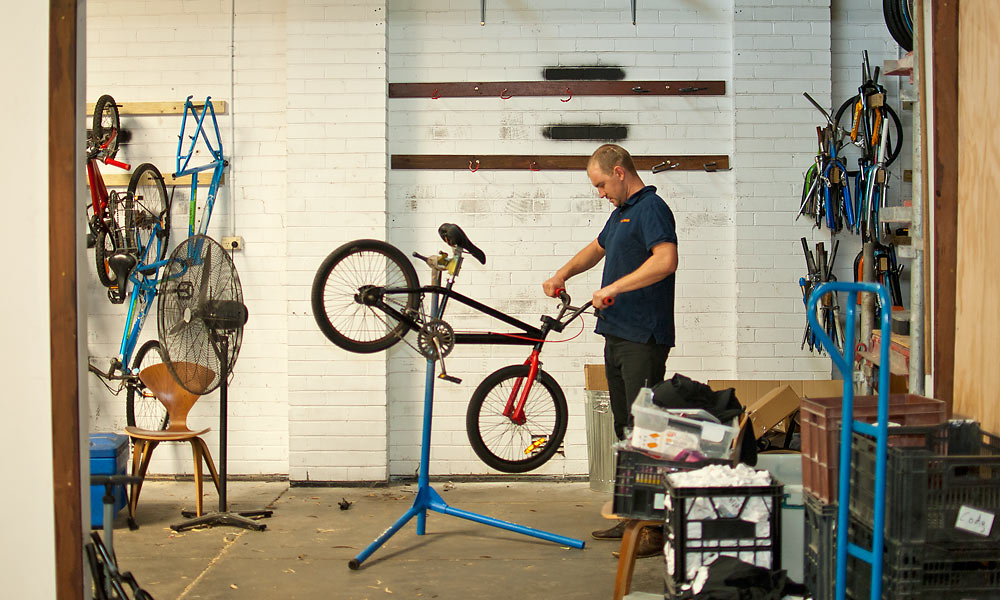The bicycle is an incredible invention that has stood the test of time. Since its creation in the early 19th century, the bicycle has been used for transportation, recreation, and sport. However, the bicycle has also played a significant role in social change and empowerment. In this article, we will delve deeper into the history of the bicycle and explore how it has been used as a tool for social change and empowerment.
The Bicycle and Women’s Empowerment
The bicycle played a pivotal role in women’s empowerment. In the late 19th century, women faced many restrictions, including the clothes they wore, the activities they participated in, and the places they could go. The bicycle provided women with a new sense of freedom and independence. Women could travel further distances and explore new places, which was not possible before. The bicycle also provided women with a new form of physical activity and exercise, which was traditionally only available to men.
The bicycle was also used as a symbol of women’s suffrage. In the early 20th century, women’s suffrage movements used the bicycle as a tool to promote their cause. Women would ride their bicycles through towns and cities, wearing banners and signs promoting women’s right to vote. This helped to raise awareness and support for the suffrage movement.
The Bicycle and Civil Rights
The bicycle also played a significant role in the civil rights movement. In the 1960s, African Americans faced discrimination and segregation, including restrictions on where they could travel. The bicycle provided a means of transportation that was not subject to the same restrictions as public transportation. African Americans used bicycles to travel to work, school, and other places, which were previously off-limits to them.
The bicycle also played a role in the Freedom Rides of 1961. A group of activists, both black and white, rode buses and trains through the South to challenge segregation laws. When they encountered violence and resistance, they turned to bicycles as a means of transportation. The use of bicycles helped to promote their cause and draw attention to the issue of segregation.
The Bicycle and Environmentalism

The bicycle has also played a significant role in environmentalism. As more people began to use cars for transportation, the negative impact on the environment became apparent. The bicycle provides an eco-friendly alternative to cars and other forms of transportation. Bicycles do not emit harmful pollutants and do not contribute to climate change.
Bicycles are also an excellent way to reduce traffic congestion, which has many benefits, including reducing air pollution and improving public health. In some cities, bicycles have become an important part of the transportation infrastructure. Cities such as Amsterdam and Copenhagen have developed extensive bicycle networks, making it easy and safe for people to travel by bike.
Celebrating the Bicycle

The bicycle has played a significant role in social change and empowerment throughout history. It has been used as a tool for women’s empowerment, civil rights, and environmentalism. The bicycle provides a sense of freedom and independence, promotes physical activity and exercise, and is eco-friendly and sustainable.
As we celebrate the bicycle’s role in social change and empowerment, we should also recognize the challenges that still exist. In many parts of the world, access to bicycles is limited, and infrastructure for bicycle transportation is inadequate. We should work towards making bicycles accessible to everyone and promoting the use of bicycles as a means of transportation.
- What role has the bicycle played in your life?
- How can we promote the use of bicycles in our communities?
- What challenges need to be addressed to make bicycles more accessible to everyone?
As we look to the future, let us continue to celebrate the bicycle’s role in social change and empowerment, and work towards making bicycles accessible to everyone.






